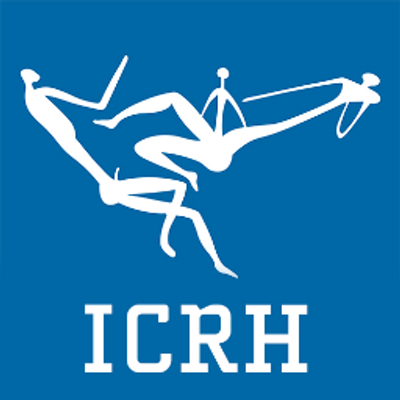Female sex workers and uptake of HIV/SRH services
Posted by Share-Net NL on June 20, 2018 at 2:52 pm

| Female sex workers’ (FSWs) access to adequate HIV and SRH services is hampered by their marginalised position. The DIFFER project piloted and tested an innovative approach, combining FSW-targeted interventions with improving access to the general health services, and establish linkages between both. The article presents the effect the approach had on service uptake in the three African DIFFER sites: Durban, South Africa; Tete, Mozambique; and Mombasa, Kenya, as measured by pre- and post-intervention interviews with a representative sample of FSWs. In all cities overall uptake of services increased. Having used all services for contraception, STI care, HIV testing, HIV care, cervical cancer screening and sexual violence, if needed, increased from 12.5% to 41.5% in Durban, 25.0% to 40.1% in Tete, and 44.9% to 69.1% in Mombasa. Across cities, the effect was greatest in having been tested for HIV in the past six months which increased from 40.9% to 83.2% in Durban, 56.0% to 76.6% in Tete, and 70.9% to 87.6% in Mombasa. In Tete and Mombasa rise in SRH service use was almost entirely due to a greater uptake of targeted services. Only in Durban was there additionally an increase in the utilization of general health services. The results show that it is possible to improve service utilization in the short term, but primarily through targeted interventions. The long‐term effectiveness of the approach, and in particular how to further improve the use of the general health services, needs further investigation. |
